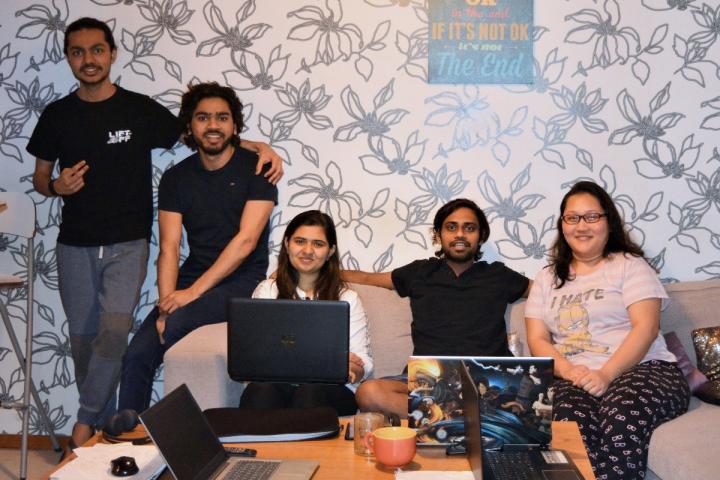
The Mars Colony Prize is hosted by Mars Society, the world's largest organization dedicated to supporting Mars research and settlement. Out of the 100 submitted projects, a team of students called Dvaraka, who are studying within the European Master’s program SpaceMaster at the Faculty of Electrical Engineering, CTU, ranked among the 10 finalists of the competition. Its deputy Alice Phen will present the proposal on Saturday, 19 October, to a panel of judges and participants at the 22nd International congress of Mars Society at the University of Southern California, Los Angeles.
All students from the Dvaraka team come from India, and their successful design was created during their first year of the master's program, which the students of the SpaceMaster program undertook beyond the Arctic Circle in Kiruna, Sweden. The good news about advancing to the finals reached them shortly after their arrival at CTU in Prague, where they will complete their second year and will write and defend their diploma thesis. The SpaceMaster master’s program is an example of a project that has been supported by the European Union and is now - similar to the planned Mars colony - truly self-sufficient, as it continues successfully after funding ended. The SpaceMaster study program cooperates with 7 universities and 11 students are currently studying at CTU.